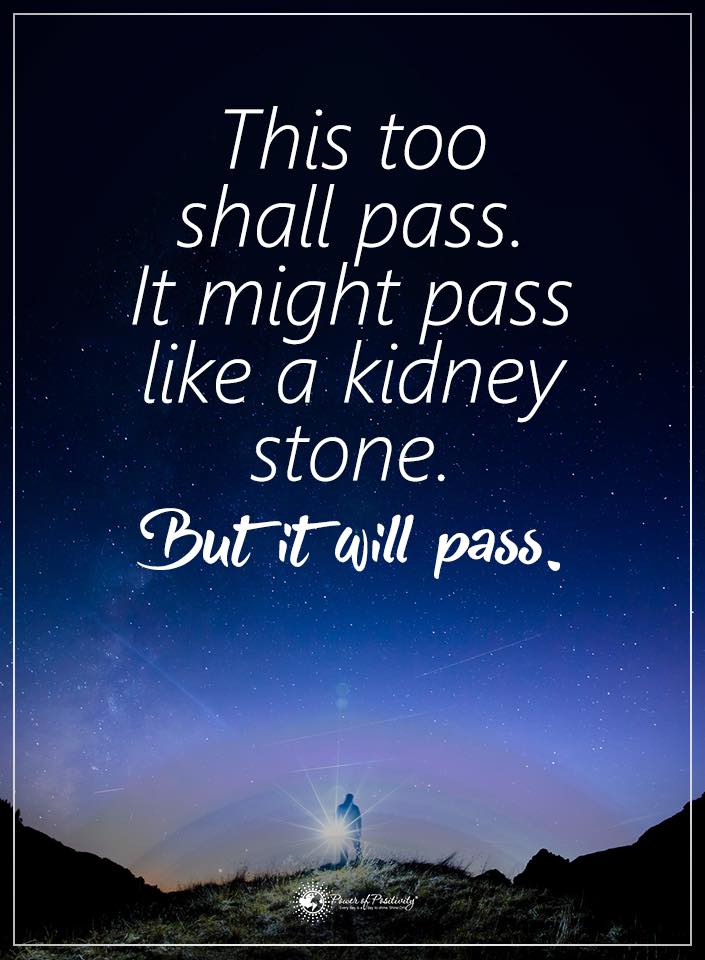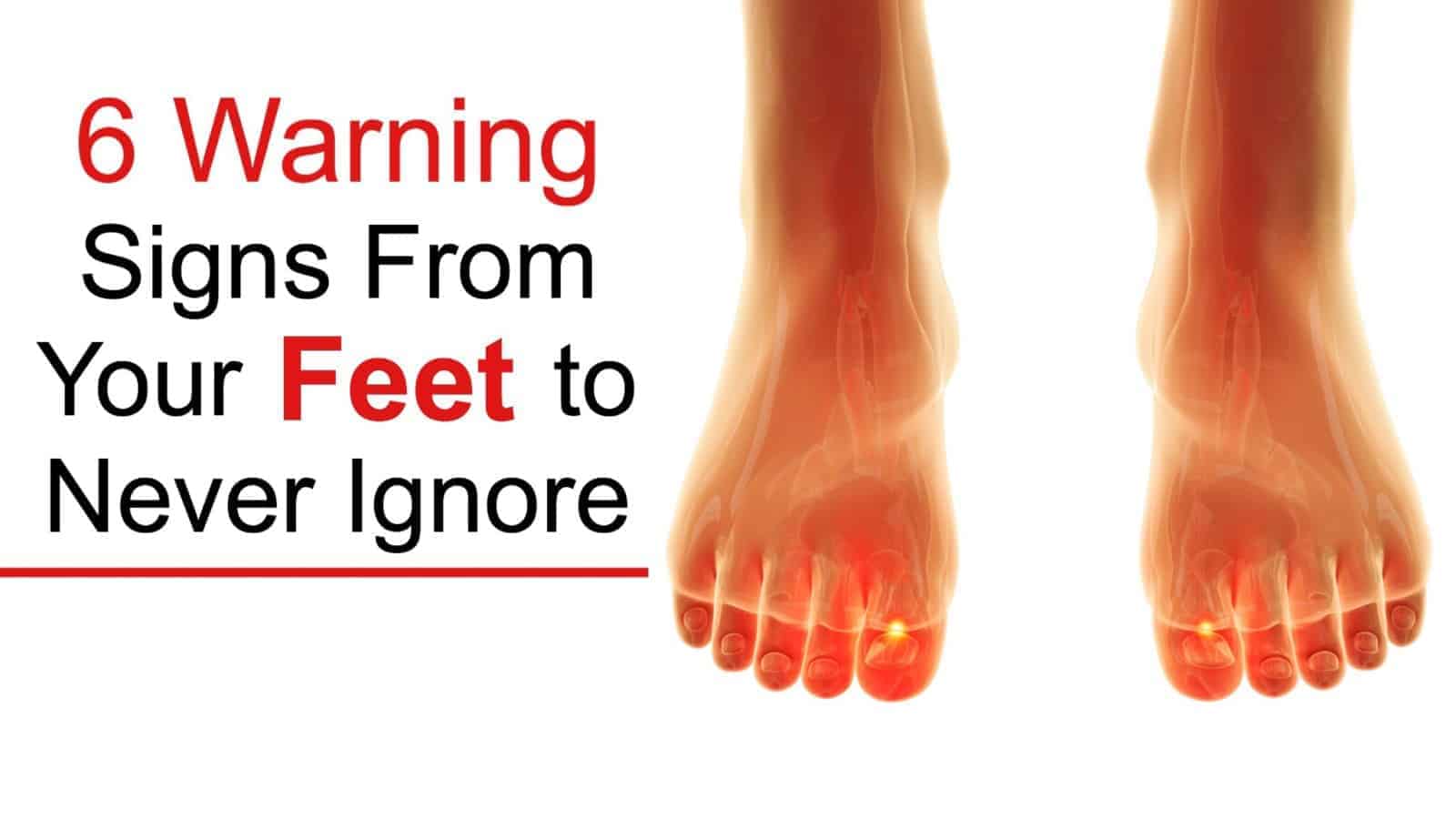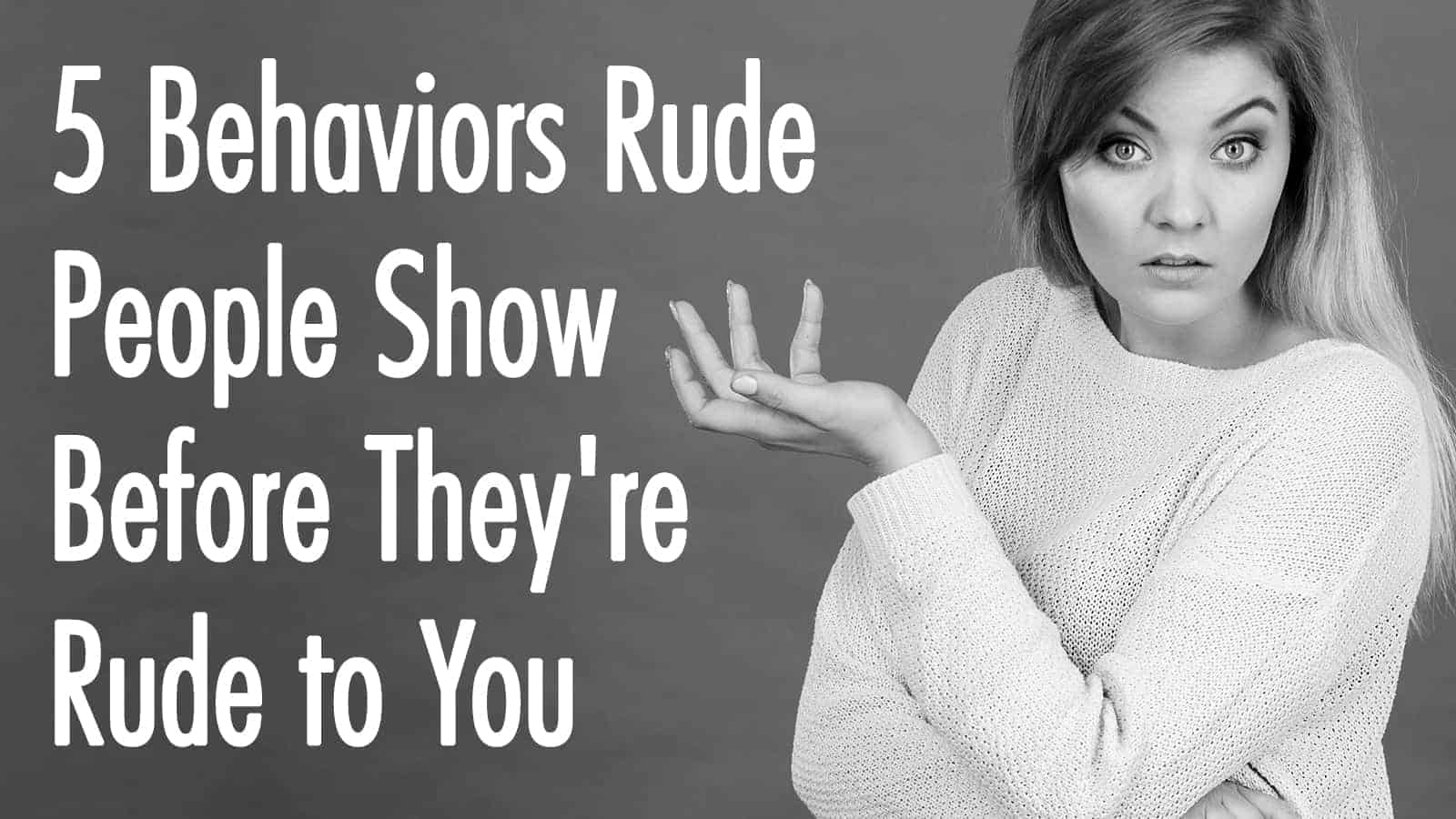We hear a lot about the dangers of breast cancer – and rightfully so. But did you know that kidney problems and disease kills more people than breast cancer and prostate cancer combined?
According to the National Institutes of Health, well over 660,000 Americans have kidney failure. The primary causes of kidney failure are diabetes and high blood pressure (hypertension). Kidney failure and other kidney conditions trigger waste buildup in the body, which can turn into more serious problems.
In this article, we are going to go into a bit more detail about the kidneys, including their location and function, as well as 25 hidden signs that you may have kidney problems. To wrap things up, we’ll elucidate on some ways that you can keep your kidneys healthy and – to the extent it is possible – “reverse” sustained kidney damage.
Let’s do this!
Introduction to Your Kidneys
Your kidneys are a pair of bean-shaped organs located just below the rib cage, one on each side. Roughly the size of a fist, your kidneys serve many critical bodily functions.
Properly-functioning kidneys filter about a half-cup of blood every 60 seconds. This filtering blood allows the passage of urine while removing waste byproducts. Urine travels to the ureters, a pair of narrow tubes on each side of your bladder. The ureters store urine until it is passed.
Other functions of the kidneys include:
- Producing red blood cells
- Maintaining bone strength
- Producing blood pressure-regulating hormones
- Balancing electrolyte (e.g. phosphate, potassium) levels
- Preventing fluid and waste buildup in the body
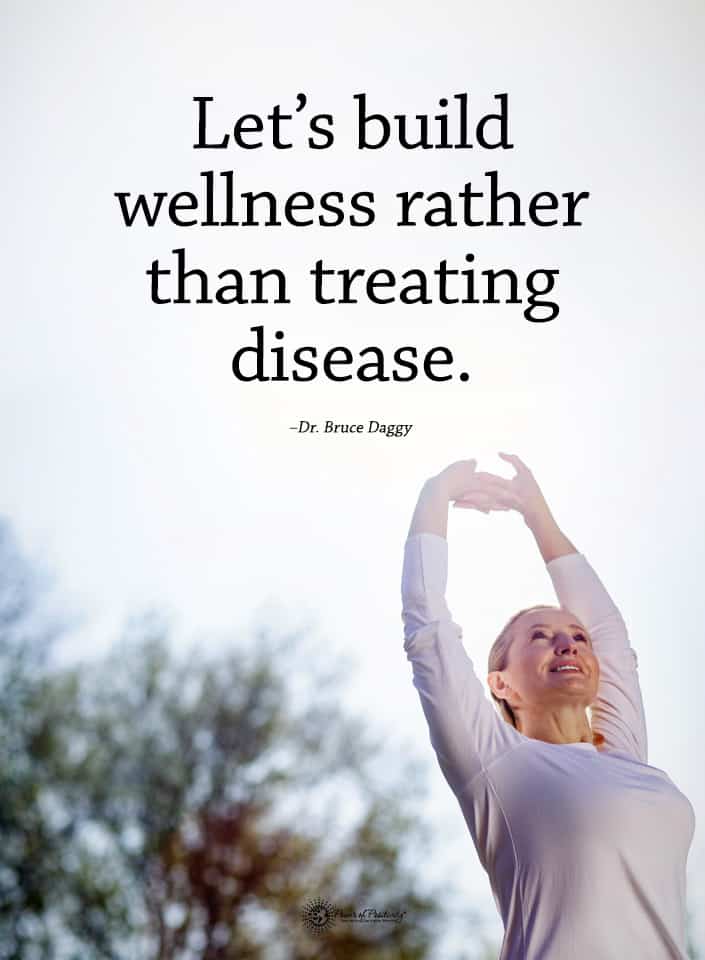
How the Kidneys Work
(Please note: To minimize potential confusion, the writer is placing complex medical terms – usually components of organs – in italics.)
While we don’t talk too much about our kidneys, they’re remarkably intricate, efficient, and versatile.
Nephrons are the filtering units within the kidneys, and there are about one million of them. Each of the million nephrons contains two filtering components – the glomerulus and a tubule.
Nephrons are constantly performing a twofold process:
(1) Nephron’s glomerulus actively filters the blood.
(2) The tubule transports the required elements to the blood while removing waste.
The glomerulus consists of remarkably thin walls, allowing it to pass fluids, tiny molecules, and wastes to the tubule. The tubule transfers the remaining fluids and wastes to the ureters to be excreted in the form of urine.
The kidneys are part of the body’s urinary tract (i.e. renal system or urinary system), along with the bladder, ureters, and urethra. The urinary tract’s primary jobs are to:
- Balance electrolyte and metabolite levels
- Eliminate blood waste products
- Regulate blood pressure and volume
- Regulate blood pH (acidity)
Common Kidney Problems
As with every other body organ, our kidneys are subject to problems. Here are the four most commonly experienced kidney issues:
Kidney cysts: Kidney cysts are small sacs of fluid that grow either on the surface or inside of the kidneys. The most common kidney cysts are “simple” or noncancerous. Simple kidney cysts rarely cause problems.
Kidney infection: Kidney infections occur when bacteria in the bladder or urethra spreads. It can reach the kidneys and cause infection.
Kidney injury: Acute kidney injury, or AKI, is a relatively sudden episode of kidney damage or kidney failure. It occurs over the course of a few hours to a few days.
Kidney stones: Kidney stones form when the urine contains abnormally high concentrations of crystal-forming substances than can be diluted. The most common cause of kidney stones is calcium oxalate buildup.
Risk Factors
“One way to reduce the economic burden of chronic kidney disease would be early intervention. In order to achieve this, we should … identify (those) with increased risk of renal disease … Factors such as race, gender, age, and family history are highly important.” – Kazancioglu, R., “Risk factors for chronic kidney disease: an update” (source)
Certain demographics are more at risk for kidney problems, including serious medical conditions (e.g. kidney disease and kidney failure). Certain lifestyle choices can drastically increase the risk of developing kidney problems as well.
In 2013, a Turkish researcher by the name of Rumeyza Kazancioglu published an excellent article in the journal Kidney International Supplements. Dr. Kazancioglu identifies all known risk factors for developing chronic kidney disease (CKD) and, one can deduce, many other identifiable kidney issues.
Here are all known risk factors by category – age, ethnicity, family history, gender, lifestyle factors, and others.
Age: Per Dr. Kazancioglu, “renal function decreases with age” in both sexes. Among the elderly, up to one-half of those screened for CKD tested positive for the condition.
Ethnicity: In the United States, African-Americans acquire end-stage renal disease (ESRD) at a rate that is three to four times higher than Caucasians. The risk of hypertensive ESRD is five times higher.
Gender: Many studies indicate the men are at a higher risk than women for developing kidney problems. Some experts point to the “damaging effects” of testosterone as the potential reason.
Family history: It is estimated that approximately 25 percent (1-in-4) of patients with ESRD have a family member with the same.
Lifestyle: Smoking and obesity increase the risk for CKD, as does excessive alcohol consumption, heavy metal exposure, and the use of analgesic medication (i.e. painkillers).
Medical co-conditions: A history of cardiovascular disease, hepatitis C, HIV infection, hyperlipidemia, and metabolic syndrome are additional risk factors.
25 “Hidden” Signs of Kidney Problems
If your kidney has something wrong with it, detecting any noticeable sign or symptom can be quite difficult. Hence, why such signs and symptoms are referred to as “hidden.” Here are 25 potential hidden warning signs of kidney troubles:
1. Fatigue:
Kidney problems may cause a shortage of red blood cells, which can quickly exhaust the brain and muscles.
2. Dizziness:
Feeling dizzy could be a sign that your brain isn’t getting enough oxygen due to anemia, or a shortage of red blood cells.
3. Feeling faint:
Similar to dizziness, feelings of faintness are not uncommon when kidney problems are present.
4. Weakness:
Most people with kidney conditions complain of muscle weakness. This most likely happens due to a shortage of blood oxygen.
5. Brain fog:
Brain fog is an umbrella term used to describe problems with alertness, concentration, learning, and memory. It is common among those with kidney troubles.
6. Shortness of breath:
Anemia can leave the body with a lack of available oxygen, as can extra fluid buildup in the lungs. Both are potentially triggered by kidney problems.
7. Itchiness:
As the kidneys as responsible for removing waste from the blood, kidney damage (or failure) can cause a buildup. One common symptom is itchy of this fluid accumulation is itchy skin.
8. Swelling of the hands and feet:
Kidney issues impair your body’s ability to get rid of excess fluid; as a result, the hands and feet may swell.
9. Swelling of the neck and face:
The same issue described in (8) applies here as well.
10. Metallic taste in the mouth:
Uremia, or waste buildup in the blood, may manifest as a metal-like taste in the mouth.
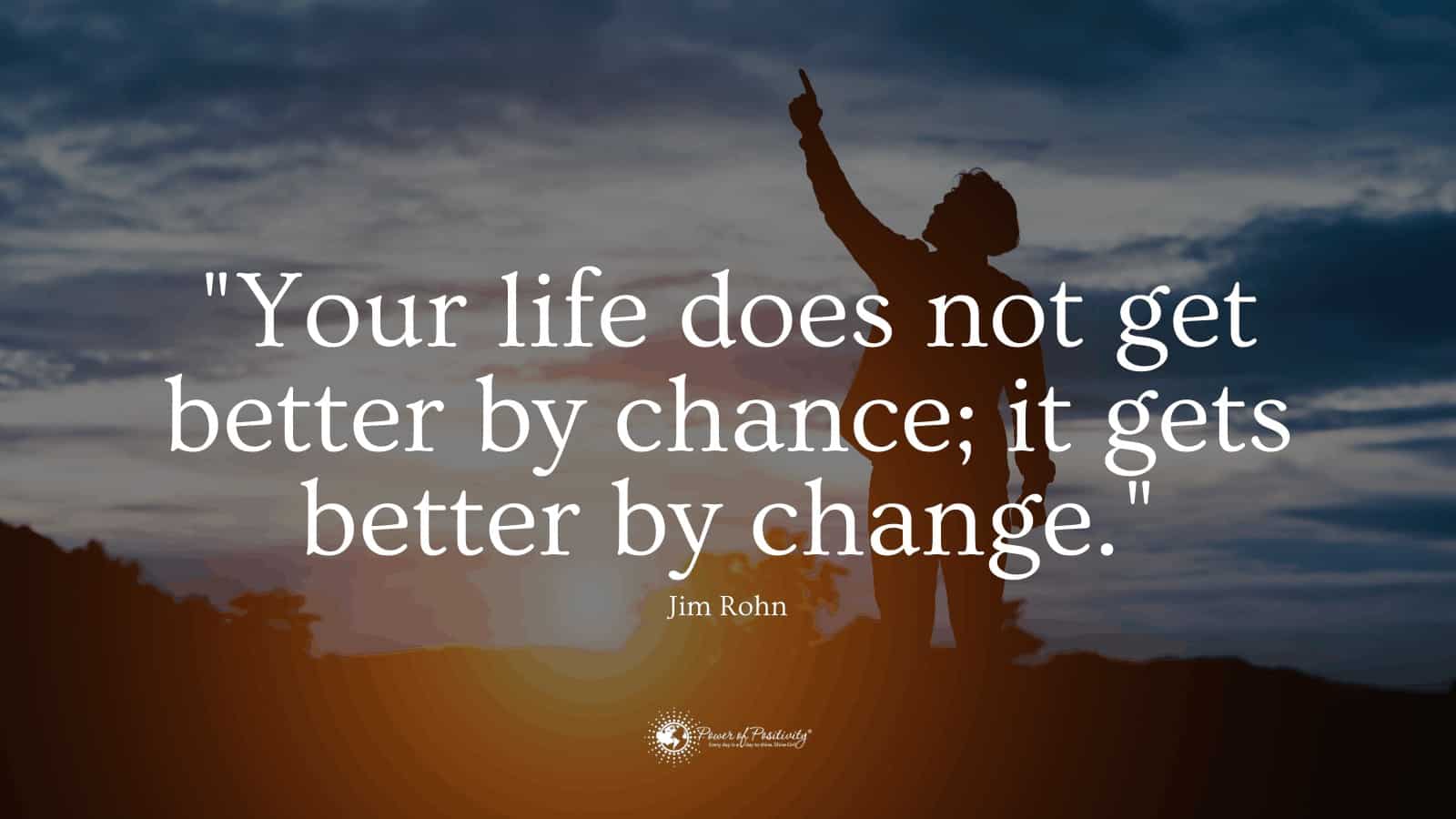
11. Bad breath:
When the body can’t effectively rid itself of waste byproducts, bad breath may result.
12. Nausea:
Uremia may also cause nausea.
13. Upset stomach:
An upset stomach is often a co-symptom of nausea in those with kidney problems.
14. Vomiting:
Certain kidney issues, including kidney infection, may cause vomiting.
15. Weight loss:
Weight loss may result from poor appetite or excessive vomiting among those with kidney issues. The former being more common than the latter.
16. Feeling cold often:
Anemia may cause feelings of being cold all the time.
17. Frequent urination:
Damage to the kidney’s nephrons may lead to more frequent urination, especially at night.
18. Feelings of pressure during urination:
Kidney troubles may cause feelings of pressure during urination.
19. Changes in urine appearance:
Foamy urine or urine of a strange coloration (usually brown, purple, or red) is usually indicative of more serious kidney problems.
20. Trouble sleeping:
Researchers have linked poor sleep duration and quality to CKD.
21. Poor appetite:
Lack of appetite is common among those with kidney troubles. Poor appetite may accompany a metallic taste in the mouth.
22. Abdominal swelling:
If the kidneys are not properly filtering fluid, the effects may show up as a swollen belly.
23. Blood in the urine:
This is almost always a serious sign that something is amiss internally, sometimes with the kidneys.
24. Muscle cramps:
This may be caused by kidney troubles due to imbalances of electrolytes and fluids, blood flow problems, or nerve damage.
25. Twitching:
Fluid imbalances cause by kidney troubles may also cause twitching of the muscles.
Final Thoughts: Maintaining Kidney Health
As is apparent, the proper functioning of the kidneys is vital for good health – and vice-versa. The good news is that there are many proactive steps that we can take to keep our kidneys healthy while significantly lowering the risk of kidney troubles. Here are five:
- Maintain a proper weight: There is a strong connection between obesity and kidney disorders, especially CKD. Make sure to take the precautions you need to and maintain a healthy weight.
- Drink water: There is no better way to detoxify your kidneys – and the rest of your body – than by regularly drinking the recommended amount of water. Most scientists seem to agree that eight, 8-ounce glasses of H2O daily is just about right.
- Get regular exercise: Physical activity helps maintain a healthy weight. It also staves off hypertension, another leading cause of kidney disorders. Aim for a minimum of 30 minutes of light-to-moderate exercise every day.
- Watch your OTCs: Over-the-counter medicines like ibuprofen and other NSAIDs may cause kidney damage if taken over a prolonged period.
- Stop smoking: Smoking constricts the blood vessels, in turn decreasing blood flow to the kidneys. This lack of blood makes it harder for kidneys to function properly. Smoking also increases the risk of high blood pressure and kidney cancer.

